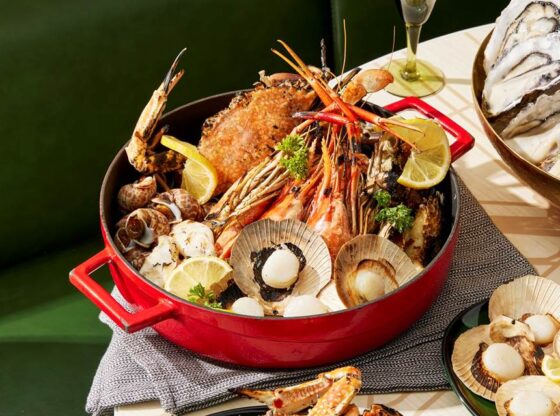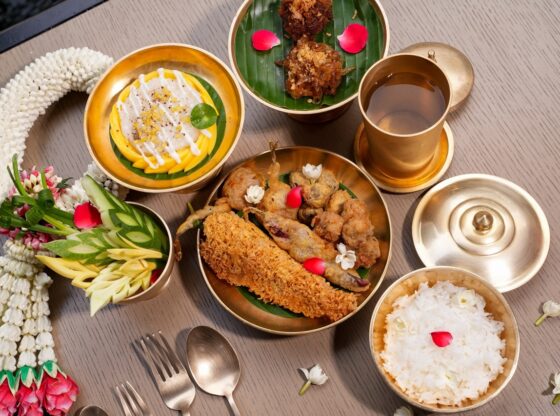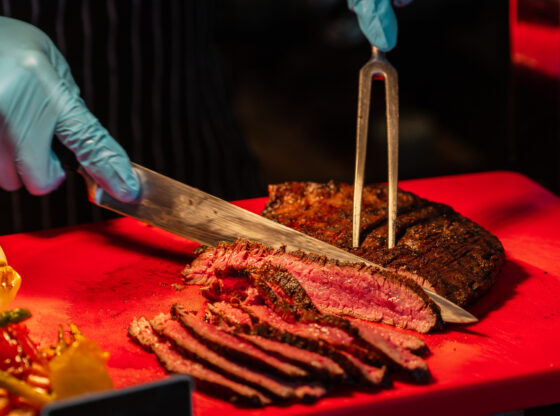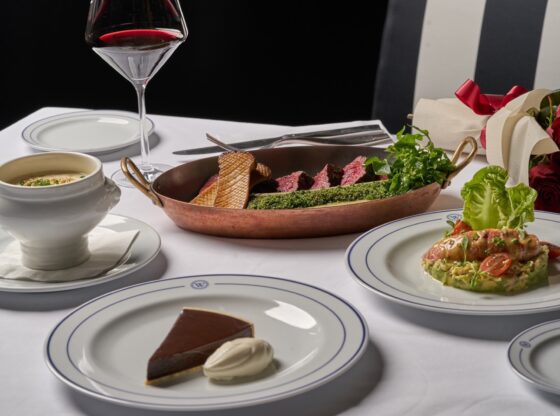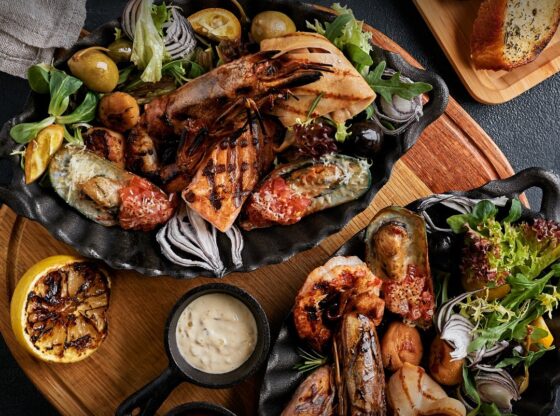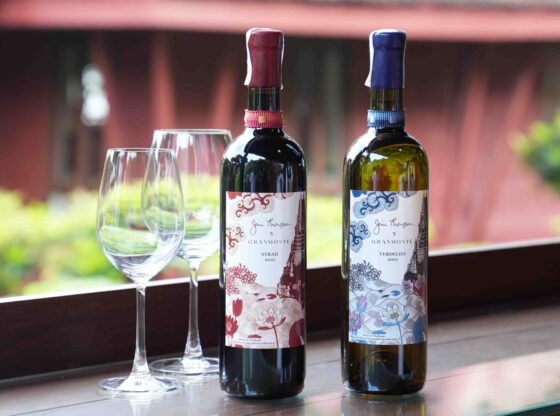![]()
China is famous worldwide for tea, however, during Chinese New Year, you’ll be drinking a lot more of something else.
Significance of Wine in China
Alcohol was discovered in China a couple thousand years ago. As an agrarian society, the first alcoholic drinks were made from fermented grain. Later, fruits and berries, flower petals and milk were all used as ingredients.
Depending on the quality of harvests, the ancient government set different restrictions on alcohol production.
Some years, it was banned entirely. Usually, breweries were all government-owned.
In traditional Chinese medicine, wine was often used. It’s also known as 百药之长 (bǎi yào zhī zhǎng), meaning alcohol is the leader of all medicine. Many prescriptions have scientifically proven benefits and are still used today. Other potions sound like things from fantasy stories. Ingredients included snake gall, scorpions and more.
But alcohol is mostly used for socializing. What’s better than drinking with friends? More than that, wine is used in practically every ceremony or event. Wine must be offered to ancestors and gods. You must drink with your new in-laws during a wedding. And you must have alcohol during holidays.
Spring Festival Wine and Drinks
The most important meal of the year is the New Year’s Eve reunion dinner. You may not have dumplings, fish or hot pot, but every household will have wine on the table.
There’s no enforced drinking age in China. Everyone in the family will at least take a sip on that night. Not only is it an enjoyable drink, it’s believed that the alcohol can protect from bad luck as well.
The Chinese will drink during dinner. And after, they’ll continue drinking as they wait for midnight to come. Then when they pay New Year visits or have guests come over, alcohol is brought out again.
But despite (or due to) the importance of nianjiu, there isn’t a specific type. Each household can have their own unique alcoholic beverage that they drink yearly.
White Wine白酒 (báijiǔ)
The most common alcohol is Chinese white wine, or baijiu. The name comes from its clear color. Because it is usually made from fermented sorghum, it is also known as white sorghum wine. Wheat, barley and glutinous rice are among the alternatives.
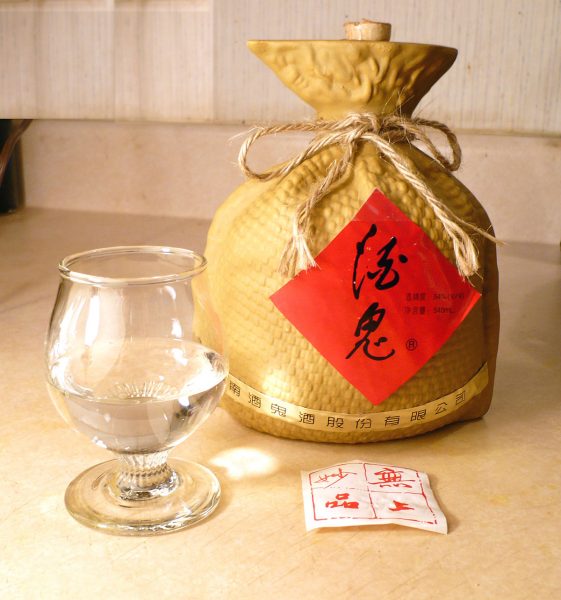
Tusu wine (屠苏酒 / tú sū jiǔ)
Tusu wine, a type of baijiu, was the nianjiu in ancient times.
Jiao wine (椒酒 / jiāo jiǔ)
Jiao wine adds flowers of Sichuan peppers and cypress tree leaves to baijiu. Like tusu, children are the first to drink jiao wine.
Other Beverages
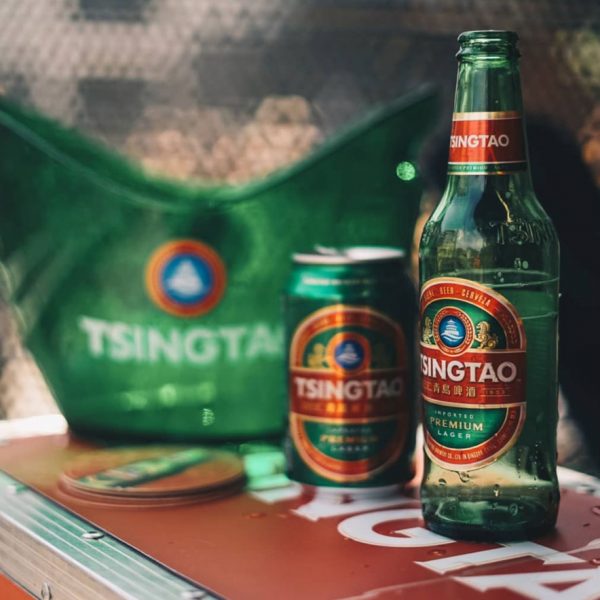
Rice wine, red wine and foreign drinks are popular in China. For beer, you can always count on Tsingtao beer.



